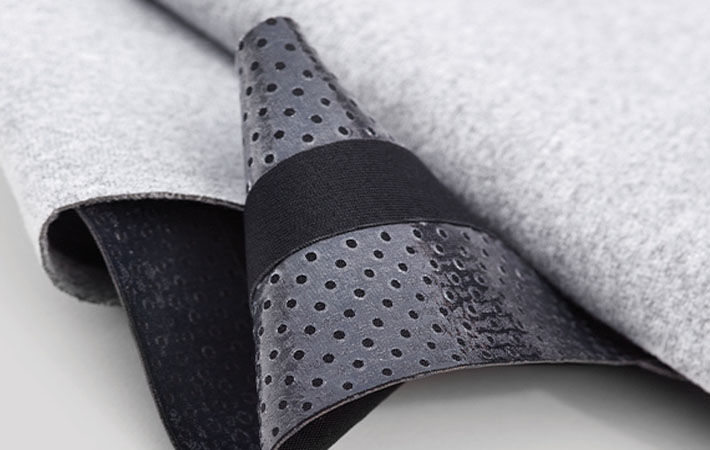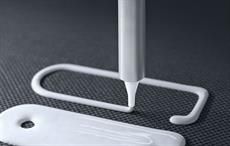
One approach, which it believes is critical to achieving their reduction targets, is through participating in both the funding and R&D of new sustainable technologies. As these technologies grow and scale, they will be integrated into the product line, allowing Bemis to decarbonise their supply chain and provide customers with innovative sustainable solutions. In addition, Bemis is also actively engaging in joint development projects with relevant firms to help increase the speed and scale of rolling out new sustainable products and technologies.
By strategically investing in environmentally focused technologies, Bemis will continue to solidify its position as a leader in sustainability and to offer a variety of environmentally friendly products to the market. These efforts will help Bemis move farther away from relying on virgin petroleum-based inputs and will enable Bemis to be first to market with new advancements, the company said in a press release.
Novoloop has been a pioneer in the chemical transformation of plastic waste into high-performance chemicals and materials since 2015. The company's proprietary process technology, ATOD (Accelerated Thermal Oxidative Decomposition), breaks down polyethylene into chemical building blocks that can be synthesised into high-value products. Polyethylene is the most widely used plastic yet only nine per cent is recycled and virtually none is upcycled. Novoloop’s technology can upcycle carbon content found in common plastic waste like grocery bags, packaging, and agricultural plastics that is too low value for material recovery facilities to bale and sell. Instead, the plastics are deposited into landfills or incinerators. Novoloop’s ATOD technology aims to increase commercial demand for waste polyethylene.
The first product based on Novoloop’s ATOD process is Oistre (OYST-rah), a thermoplastic polyurethane (TPU) for use in high-performance applications such as footwear, apparel, sporting goods, automotive, and electronics. Oistre is the first TPU made from post-consumer polyethylene waste that matches the performance characteristics of virgin TPUs made from petrochemicals. At the same time, based on initial screening life-cycle analysis, Oistre’s carbon footprint could be up to 46 per cent smaller than conventional TPUs. Together, the companies will introduce Oistre into the Bemis product portfolio as a first step to replace virgin petroleum-based thermoplastic polyurethane.
Novoloop’s technology offers an opportunity for a significant impact. Not only would scaling Novoloop’s technology throughout the Bemis value chain have a meaningful reduction in carbon footprint, it would also mean that a previous source of waste would be diverted from landfill and upcycled into a more sustainable Bemis product, the release added.
Fibre2Fashion News Desk (GK)

